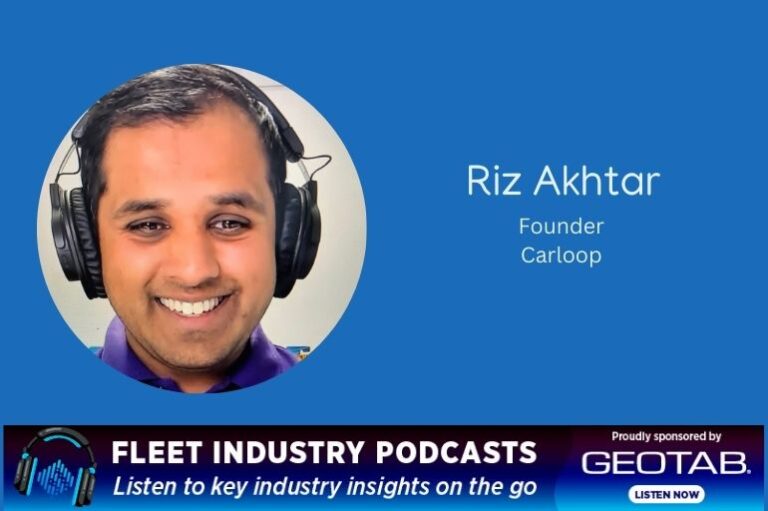Riz Akhtar, founder of EV data service Carloop, talks about his upcoming trip to China to visit electric vehicle makers on this Fleet News Group podcast with host Caroline Falls.
He highlights the rapid development of Chinese EV brands, especially their launch of new models as quickly as every six months, compared with legacy automakers traditional business.
Brands like Xpeng, Zeekr, BYD, and a few other companies have sprung up and moved at a very, very fast pace, without having any of the shackles of the bigger established organisations.
The Chinese brands are “launching models every six to 12 months, which is quite a radical move in the automotive sector, where a model could generally be launched every three to five years for most traditional car makers,” said Akhtar.
Additionally, the Chinese brands are mostly at the cheaper end of the EV spectrum and that is attractive to fleet buyers.
“Most of the European car makers that are bringing vehicles into the Australian market are on the more expensive end, and buyers at this early stage of the adoption aren’t willing to pay the premium for European brands. They are quite happy to buy something that is made in China, because it’s new and it’s different,” said Akthar, adding the Chinese brands are offering more affordable options, appealing to early adopters.
Akthar predicts a significant year for EVs in Australia in 2025, with new brands bringing more and more competitive models to the market.
Akhtar said he’s optimistic about the long-term adoption of electric vehicles in Australia, comparing it to the rapid adoption of solar panels.
“Pretty much the majority of people know what solar panels are and what they can potentially do. And I believe that electric vehicles will get pretty much like that. First key barriers will be getting vehicles to be priced roughly the same as their petrol and diesel cars. And it’s happened surprisingly quick. So that’s that’s one positive thing, and as these new brands come into our market, that’s going to get even better.”
While in China, Akhtar said he’ll be curious to learn more about how the infrastructure for charging electric vehicles has been deployed. In particular, he mentions the concept of battery swapping stations in China, which allow for quick battery changes, in as little time as five minutes.
Akhtar also talks about the growth of Carloop and how it is now advising China brands on selling into and servicing the Australian market.
Carloop collects and analyses data like how many EVs there are by post code, helping policy makers and energy companies understand who are buying electric vehicles and where charging infrastructure is most needed.
“Now we’re starting to see (interest in Carloop’s service) getting more broader. Car companies are quite interested, especially the new brands … They’re very interested to understand the lay of the land and how they can best sell more vehicles into our markets. A lot of the electric vehicle brands are approaching us very regularly to ask us how we can best help that launch into the market, and then look at ways of expanding the sales, the dealer network, charging offerings, and a whole lot of other things. So we’re starting to see the market mature from those early energy companies and governments to more automotive companies, fleets and others that are looking at making the switch, including things like, how many chargers are required at depots, as organisations start to look at the transitioning of their fleet.
“We’re using all the data and insights that we have to help organisations in not only the fleet space, but automotive space, move forward and bring more compelling models that will help drive Australia’s transition towards electric vehicles.”






